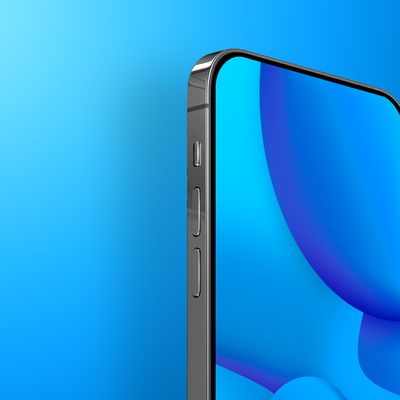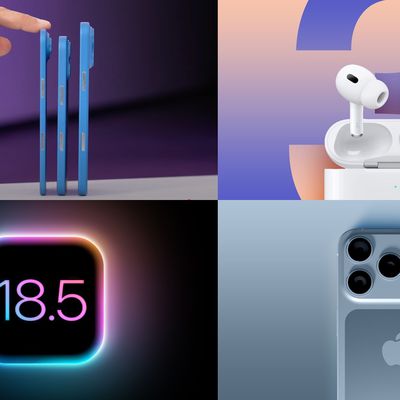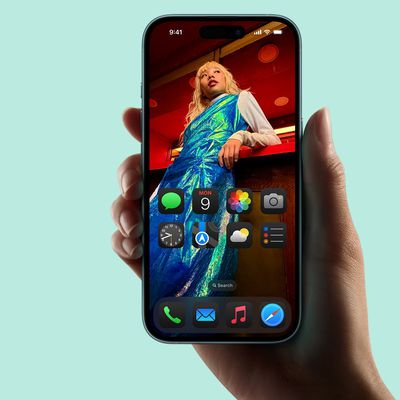Earlier this month, we mentioned Rogue Amoeba's run-in with Apple over the use of "Apple-owned" images in Rogue Amoeba's Airfoil Speakers Touch [App Store, Free] iPhone application. The incident involved an over-three-month App Store review process for an update to the application that was held up due to the inclusion of the Apple-owned images, despite Rogue Amoeba's assertion that the images were not included in the iPhone application and were instead being served from the companion desktop application in a manner exactly as Apple had intended.
Rogue Amoeba ultimately removed the images from the application in order to allow it to be approved, replacing the images in question with an Electronic Frontier Foundation logo and a link to an explanation regarding their removal. The company also announced that it was ending its iPhone application development due to frustrations over the App Store approval process.
Today, Rogue Amoeba announced the release of an update to Airfoil Speakers Touch that restores the disputed images, acknowledging that it was contacted last Friday by Apple, which had decided to revise its internal policies to address the situation.
Following our post detailing the ordeal we had getting Airfoil Speakers Touch 1.0.1 through the store, we were contacted by Apple. They indicated that, due in part to our post, they were changing their internal policies and would allow the desired behavior and artwork to be displayed.
In short, they changed their minds.
While Rogue Amoeba is pleased by Apple's change of heart and the blazingly fast turnaround for approval on the new update, the exact reason for the company's policy revision is not entirely clear, and Rogue Amoeba's decision to refrain from further iPhone application development stands.
The problems of the App Store go well beyond our own relatively minor case. We pushed this update to Airfoil Speakers Touch out because we wanted to restore functionality we had to take away from our users. We're happy to be able to do that.
That said, the App Store and iPhone platform still have myriad problems, detailed in many places. Among other issues, the potential remains for months of effort to be wasted as an app sits in limbo, or is never even released. As well, the long lead times needed before updates reach users are still in place.
At this time, we don't believe it makes good business sense for us to commit much in the way of resources to the iPhone.
The company does not close the door on returning to the iPhone platform at some point in the future, but it is clear that it will not consider to do so until it feels that Apple enacts more developer-friendly policies for the App Store.




















